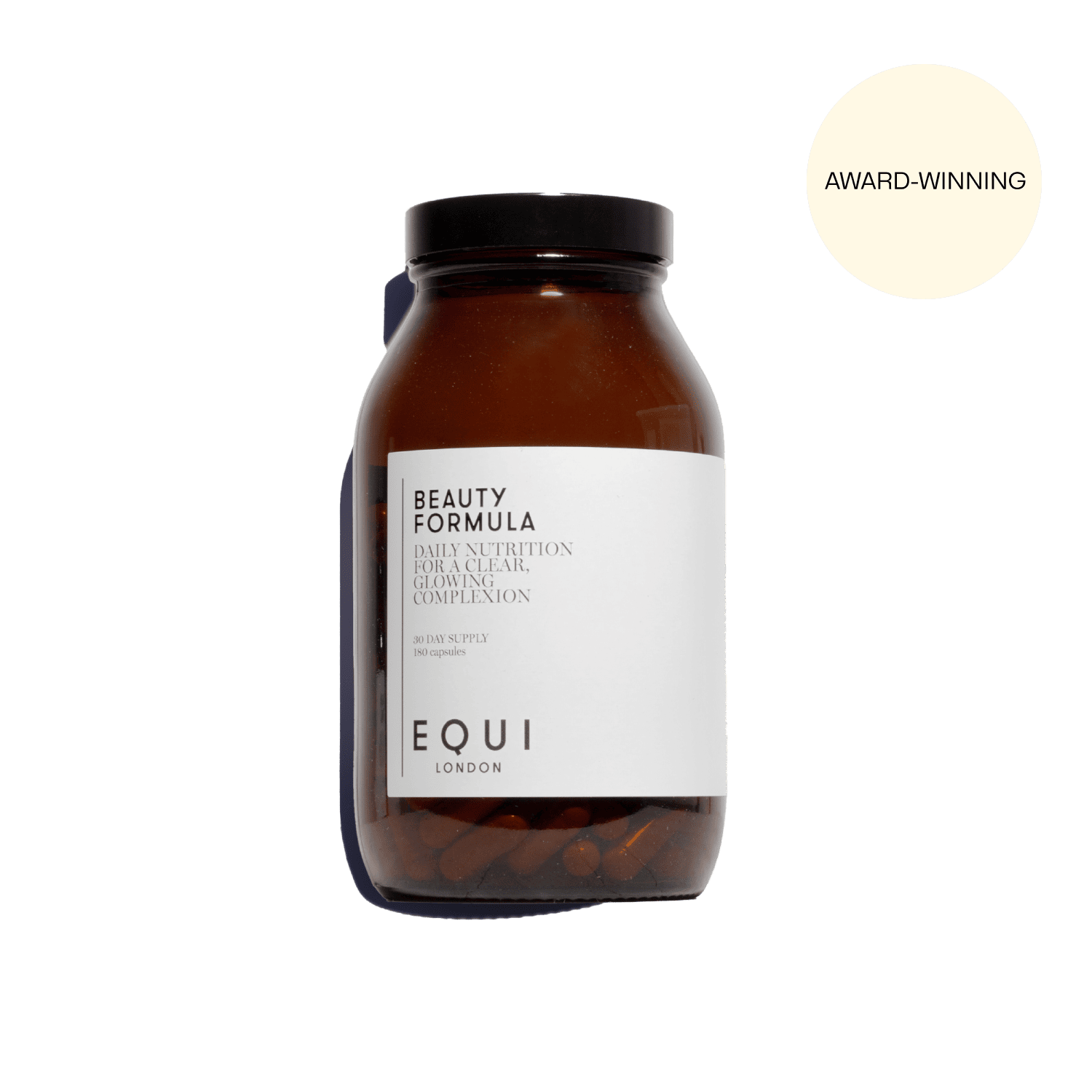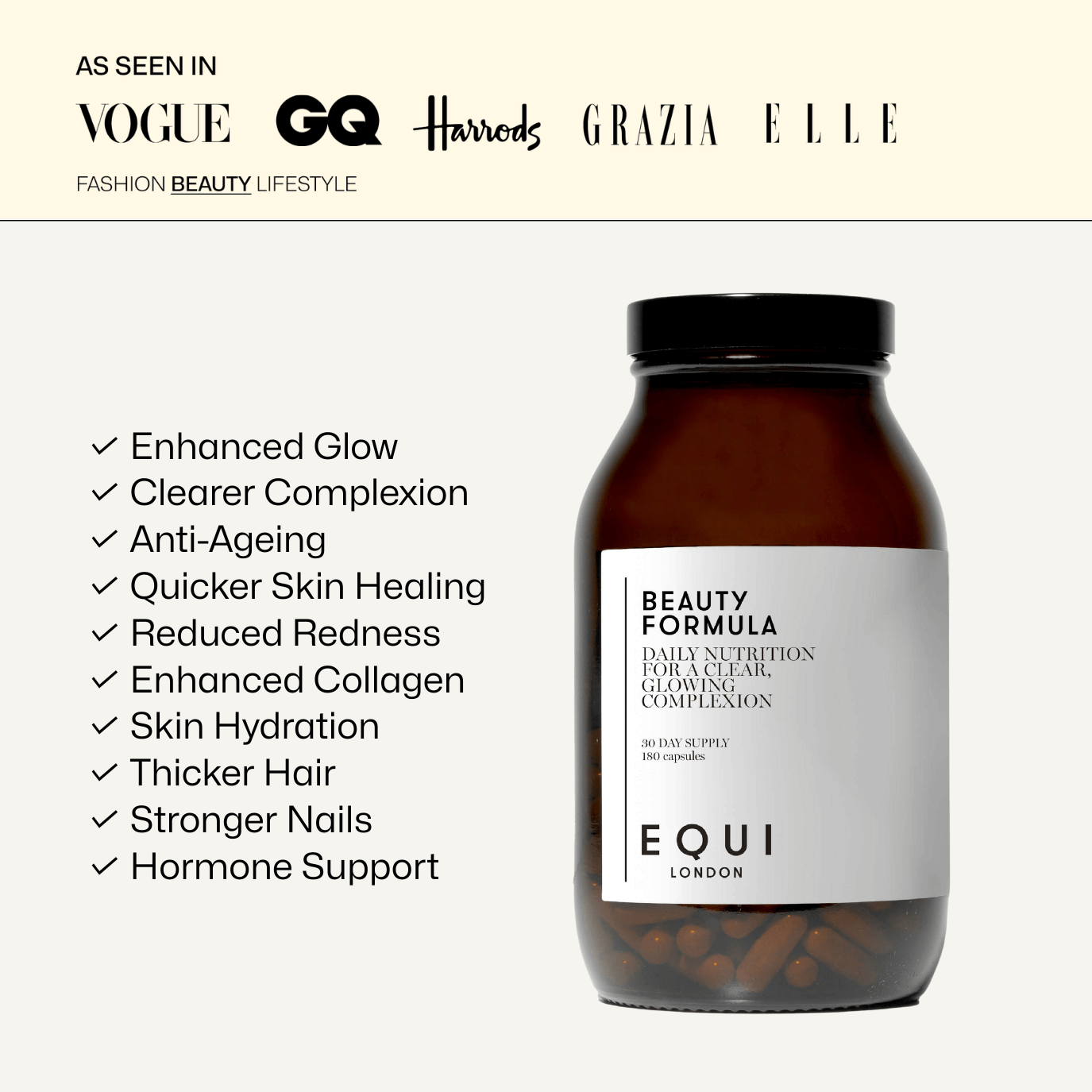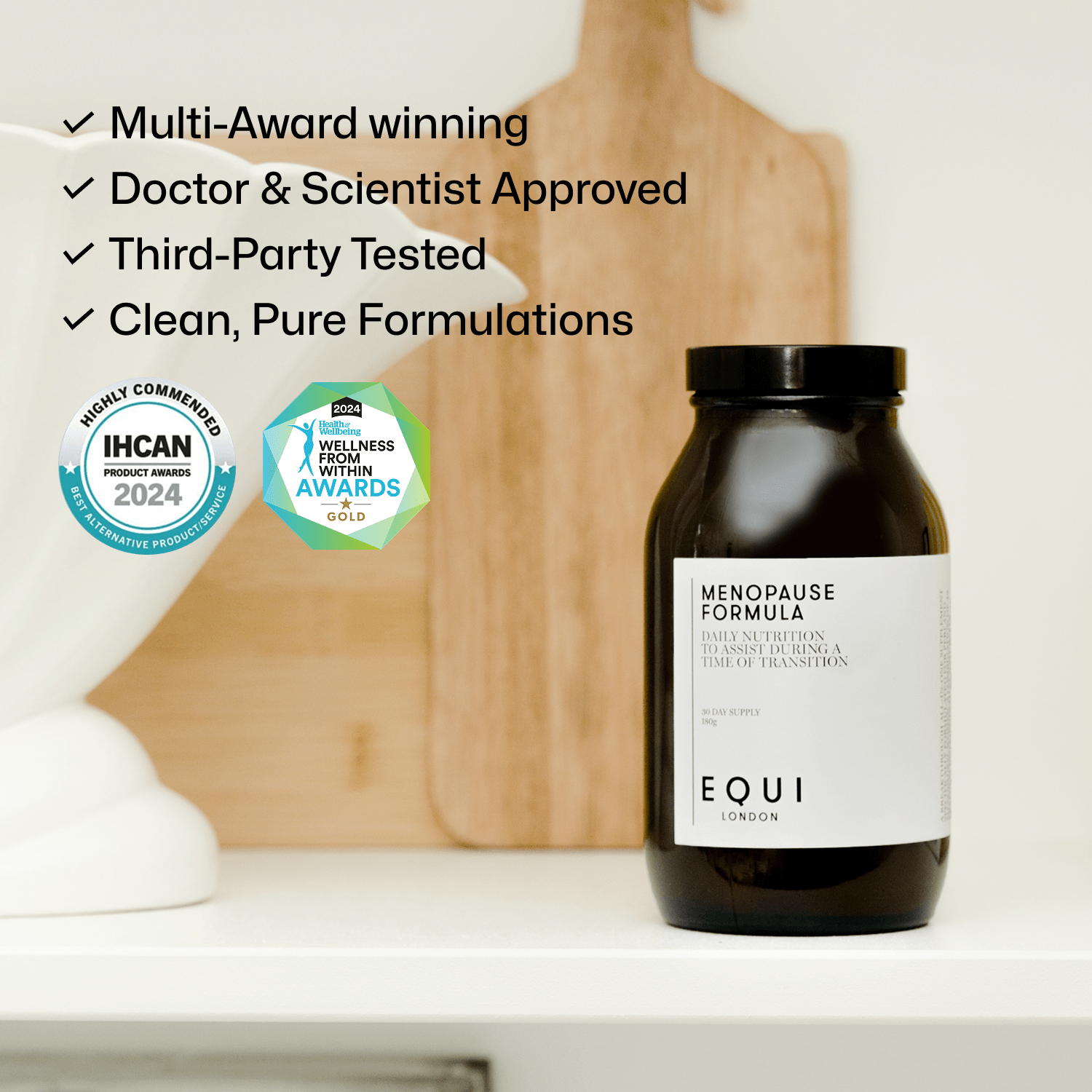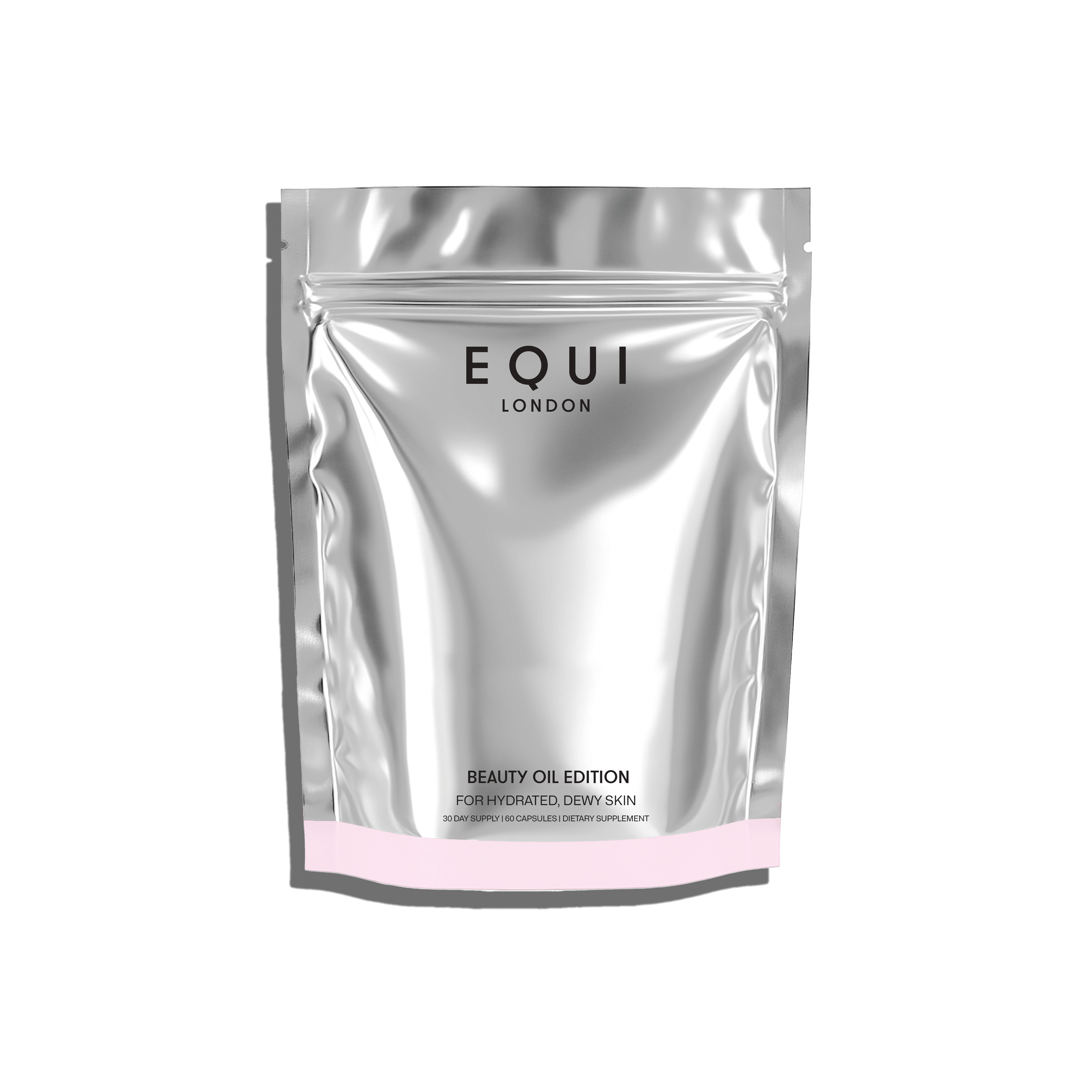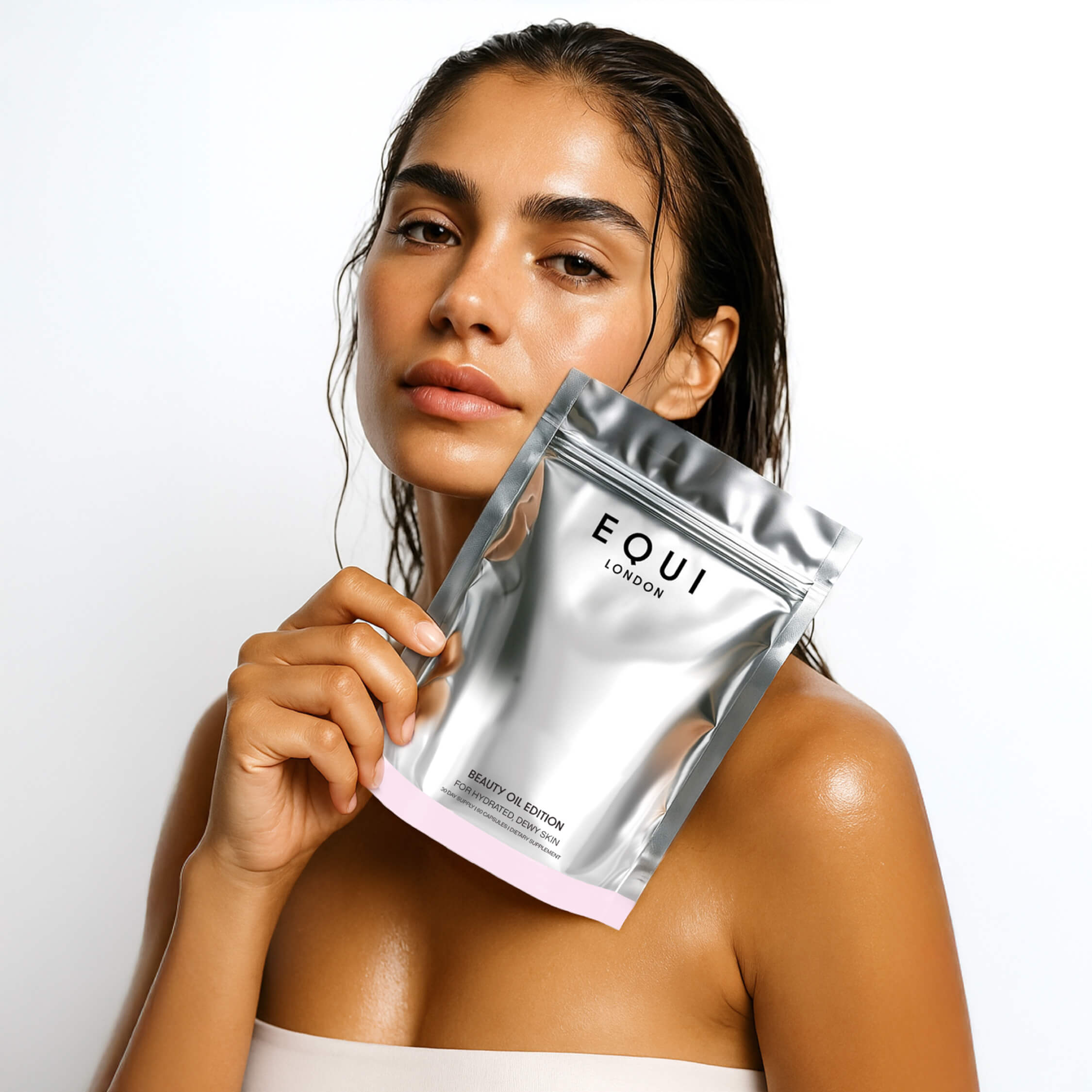
Our skin, our outer coating the thing that keeps us neatly held together comes in all shapes, sizes and a magnificent range of tones.
It is our largest organ and acts much like a road map offering a vital insight into what’s happening within. Skin requires the same fundamental nutrition to keep it healthy and glowing no matter what colour it is, however if you have darker skin, we have outlined some key nutrients below to help ensure you are supporting your skin type in the best way possible.
No matter the tone of your skin, eating a nutrient diverse diet is one of the best and simplest ways that we can support our bodies’ inner workings; helping deliver the raw material to support the complex network of interconnected systems housed within our skin. That said, there are a few additional things we can do to help our bodies achieve a radiant outer glow.
Collagen, a protein made in the body, helps our blood, bones, muscles and tendons to heal. It is key in keeping our skin stay elasticated and firm. As we age our ability to produce collagen starts to diminish and by the time most of us are 50 we have half the collagen in our skin than when started life on this wondrous planet. We notice this on the outside as our skin starts to sag and wrinkle, those with lighter skin are more affected as the higher melanin levels in darker skin have a seemingly miraculous ability to slow this ageing process down. That said melanin is a double edged sword as it affects our ability to absorb the sun’s ultraviolet radiation which our bodies require for the production of the hormone Vitamin D.
Having darker or black skin and living in the United Kingdom puts you at a slight disadvantage regarding Vitamin D absorption. Melanin is responsible for the tone of your skin; the more you have the darker your skin becomes. The higher your melanin levels the harder it is for your body to synthesise vitamin D in response to sunlight exposure. With 50% of the global population affected by insufficient levels of the hormone Vitamin D and the typical modern diet low in vitamin D it’s safe to say that most of us, no matter what colour our skin, are going to be struggling to meet our body’s requirements without a Vitamin D supplement. Vitamin D has multiple roles in our bodies from modulating cell growth, neuromuscular and immune function to the reduction of inflammation and the strengthening of bones.
While the colder climate of the northern hemisphere affects everyone’s skin; those of us with darker skin tend to suffer with dry flaky and what some describe as “ashy” skin. Black skin has the highest sebum content of all ethnicities but the lowest ceramide level. In short it means that black skin is the most susceptible to transdermal water loss, thus explaining why it often looks lacklustre and dry when not properly cared for, which is why making sure we drink enough water and eat the right fats is essential in helping to maintain glowing skin. Beauty Oil Edition, our skin specific omega rich with natural antioxidants is the perfect hydrating product.
Topical aids such as moisturiser and hydrating serums are one way of looking after our skin, but over the years as our knowledge of nutrients and their roles in the body has developed, we have discovered that by delivering the right nutrients at a cellular level we can help our bodies to achieve results we never thought possible.
This is why we meticulously designed and developed our Beauty Formula to support every system in your body, delivering outstanding results no matter the colour or tone of your skin.
Also Glow Edition is wonderful skin support, perfect brightening and strengthening skin.
